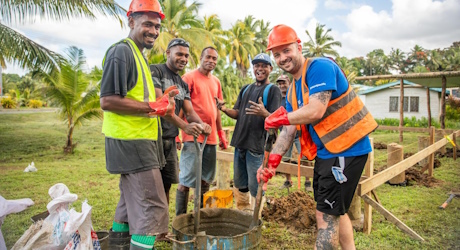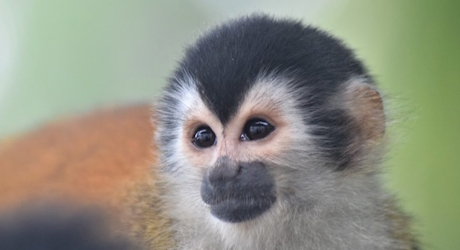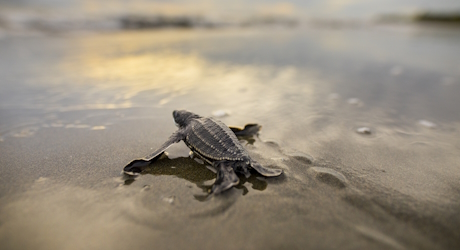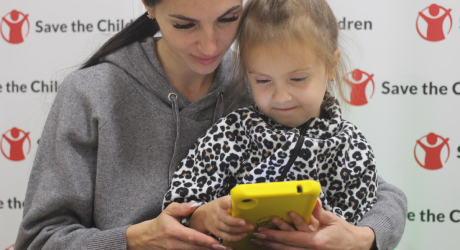Footprints Project
Since 2005, travelers like you have helped us change the world through micro-donations.
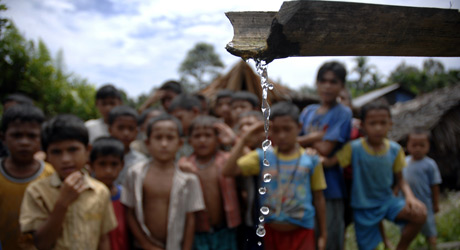
-
A total of
8682
Travelers
-
donated
$18001.89
(100% funded) -
to help improve
Water & Sanitation
-
in
Indonesia
Project overview
Seven years after the Nias earthquake, only 25 per cent of the water facilities constructed post tsunami 2004 are still usable.
The objective of this project is develop and rehabilitate community-owned water facilities to ensure a long-term sustainable resource for Nias villages.
Project activities
The funding from Footprints Network has enabled the assessment of 10 of Hiliduho district's 13 villages to determine needs for new and reconstructed water facilities and delivery plans.
The estimated plan is to construct 188 new water facilities consisting of 16 hand dug wells, 12 water spring boxes, 12 water tanks, five pumping mains, 119 public tap stands, and 24 ferro cement rainwater tanks. There are 17 existing broken facilities consisting of nine water spring boxes and eight water tanks that need to be rehabilitated.
The project also creates a social agreement with the communities, with written roles and responsibility, and provides for maintenance training.
Location
The Hiliduho sub district of Nias, Indonesia, is the focus of SurfAid's Health Program. Hiliduho has 13 villages with 49 hamlets and a population around 11,112.
Only 21.5 per cent of Nias residents can access clean water (2010 survey) . The sources are from rain water, rivers, springs and the government water system.
Only 6.15 per cent of district households have a latrine.
The more remote areas that have not benefited from NGO (non-governmental organisation) programs to date have no clean water or sanitation facilities. These communities have to walk more than one kilometer in order to collect the water from springs, rain water harvest or rivers, and in the dry season some of the springs dry up.

Photo: The community in Fadoro Lauru, Hiliduho must walk about 1km to the water source
Partnerships & Community
Community members, especially religious and key leaders, have been engaged to discuss the current condition of water facilities and their ability and commitment to provide labour, gravel and other materials to improve them. This initiative and commitment is described in a Social Agreement before the project begins.
The Social Agreement assists in developing a sense of community responsibility and support for community water committees, ensuring technical inputs are appropriate to the skills of the communities and supporting the change in focus from one-off construction to long-term use.
SurfAid encourages gender balance in the water committees. Women's tasks are the same as men's, such as monitoring construction of facilities. Women are involved in the construction of water facilities from the planning phase up to the maintenance phase.

Photo: Arriving for a meeting! SurfAid Indonesia Country Director Anne Wuijts visits a remote village in Hiliduho sub district during the water facility assessment with SurfAid’s Nias team.
Part of a larger project/vision
This Water and Sanitation project is a vital component of the Mother and Child Health improvement program in Nias. It is clear that not one factor alone influences mother and child health so this issue is being tackled through diverse activities such as water and sanitation development, health facility access and education.
Evidence suggests that communities in Nias often lack basic information about how their health improves in response to changing behaviour. Often, the perceived cost such as tools, technology or even time and effort to reach a health facility is not seen as an investment in better health outcomes.
It is therefore important to involve the whole community through education and empowerment to understand how setting health as a priority will improve their lives.
Traveling soon? When you buy travel insurance with us, you can make a contribution towards a cause you care about.
Get a quote